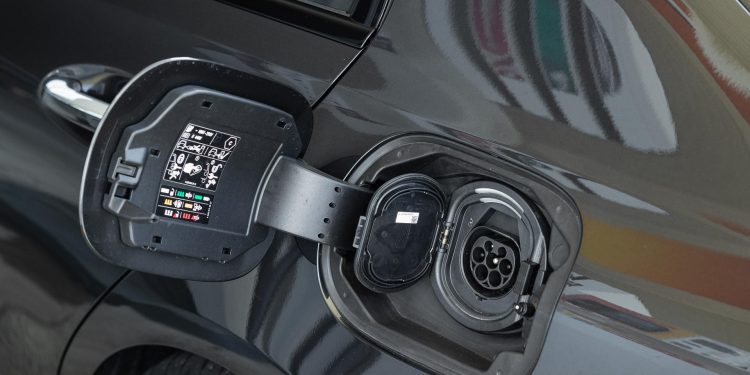Electric cars are going the distance
Words/Images NZ Autocar
A new study has shown that failure rates for electric cars are about the same as for petrol powered vehicles. They’re slightly better than for diesel cars.
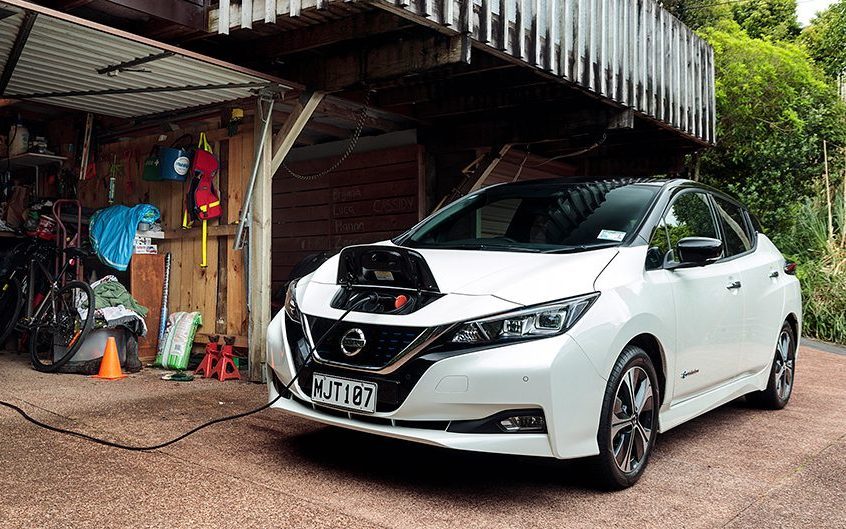
The trial that used 300m records from British MOT data also found a rapid improvement in electric vehicle reliability.
Researchers estimated that an electric car will have a lifespan of 18.4 years. That compares with 18.7 years for petrol cars and 16.8 years for diesels. The findings were based on 300m records from compulsory annual Ministry of Transport tests of roadworthiness (WOFs).
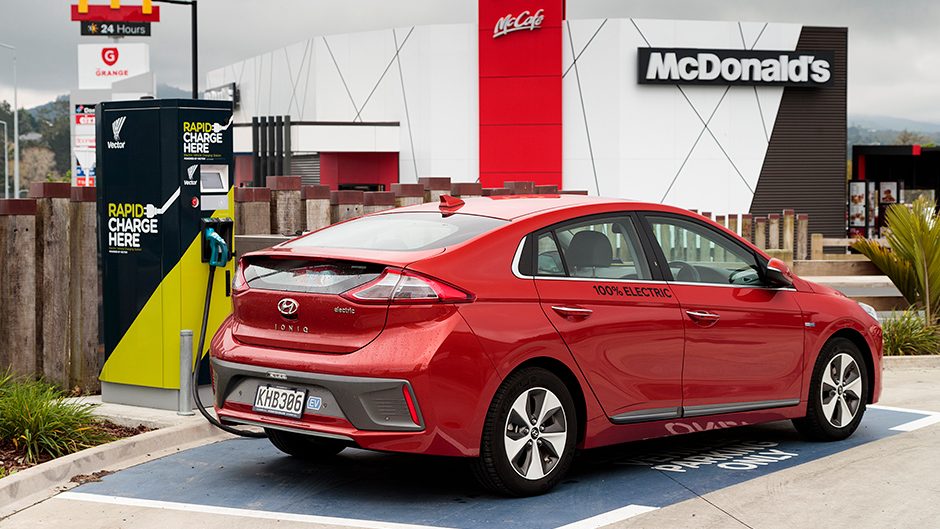
Automotive engineers have always thought that electric cars will outlast petrol or diesel cars. That’s simply because they contain far fewer moving parts. Data have been limited, however. And that’s because the earliest mass-market electric cars are only now reaching the end of their useful lives.
The study, which involved researchers from across various international institues, used MOT data to estimate the failure rate of all cars. They ignored scrappage in the first few years, presumed to have been related to crashes.
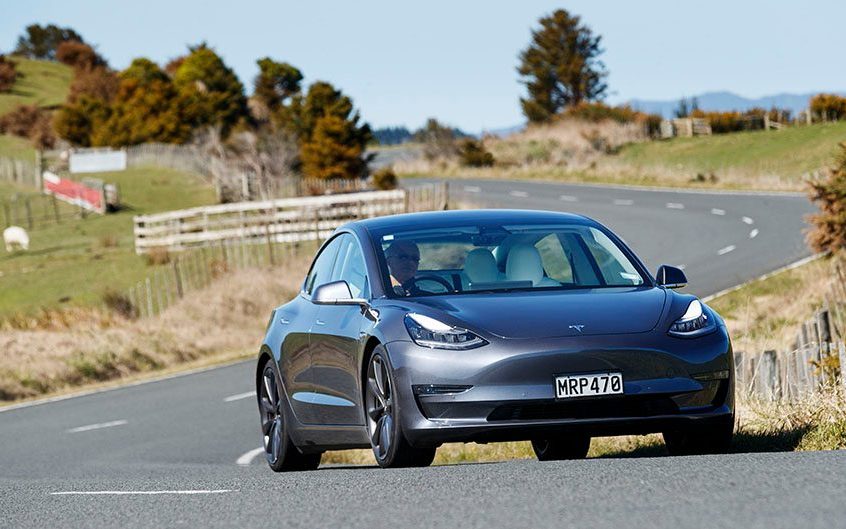
Teslas had the longest lifespan among battery cars. The research also showed improving reliability of all new cars over the years, as technology evolved. Improvements were most notable amongst electric cars. The researchers felt carmakers learned rapidly from their early mistakes in battery models.
A longer lifespan adds to the environmental benefits of an EV. That’s because the addition of renewable energy sources to the grid will make the electricity they use cleaner each year. Carbon dioxide emissions from EV use will eventually drop to zero if the grid becomes reliant completely on renewable energy.
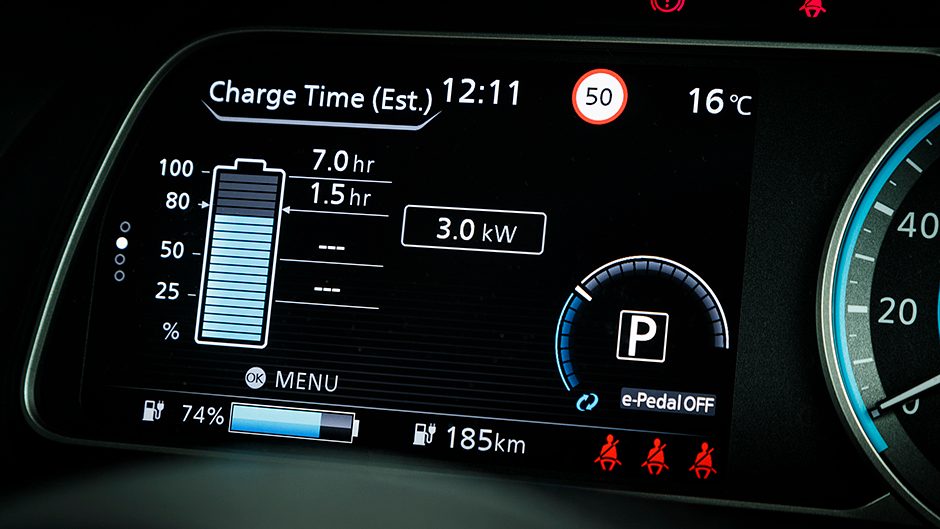
Robert Elliott, one of the study’s lead authors, commented: “BEVs offer significant environmental benefits, especially as Europe switches to a more renewable energy mix.
“Despite higher initial emissions from production, a long-lasting electric vehicle can quickly offset its carbon footprint, contributing to the fight against climate change – making them a more sustainable long-term option.”
Electric cars on average were driven almost 200,000km over their lifetime, more than for petrol, although less than for diesel vehicles.
China and Norway continue to lead the transition to EVs.
A ban on the sale of cars powered by internal combustion engines in the UK and other European nations will come into effect by 2035.


